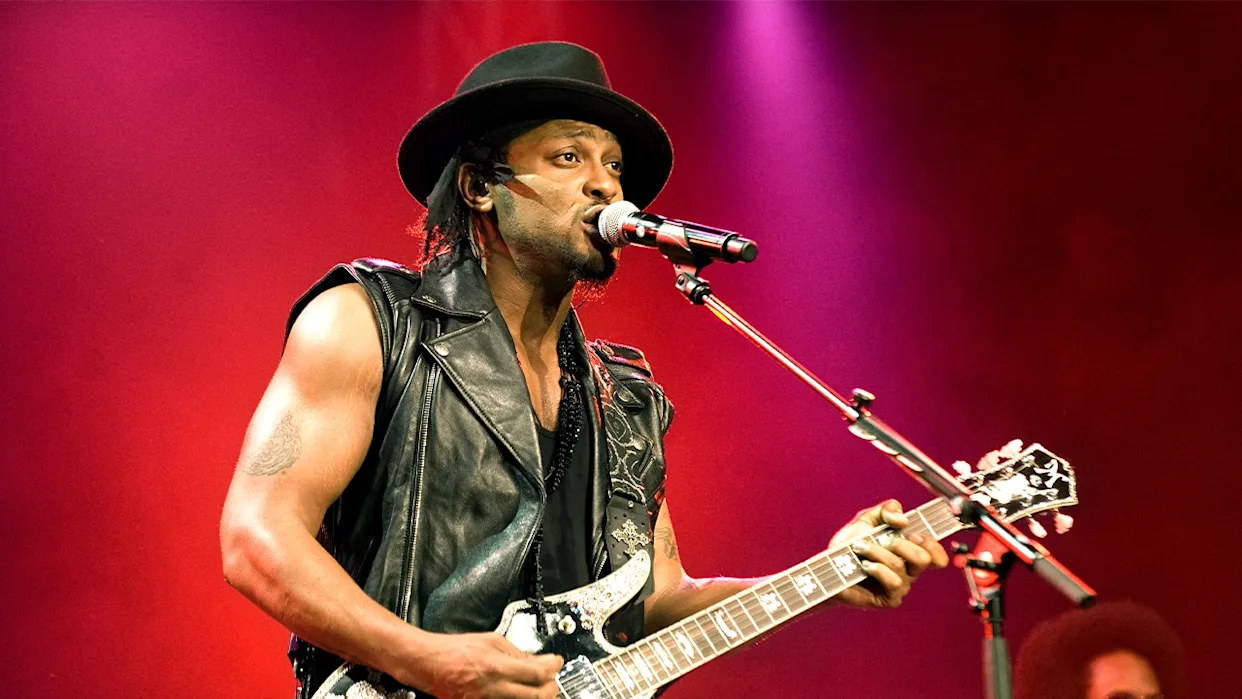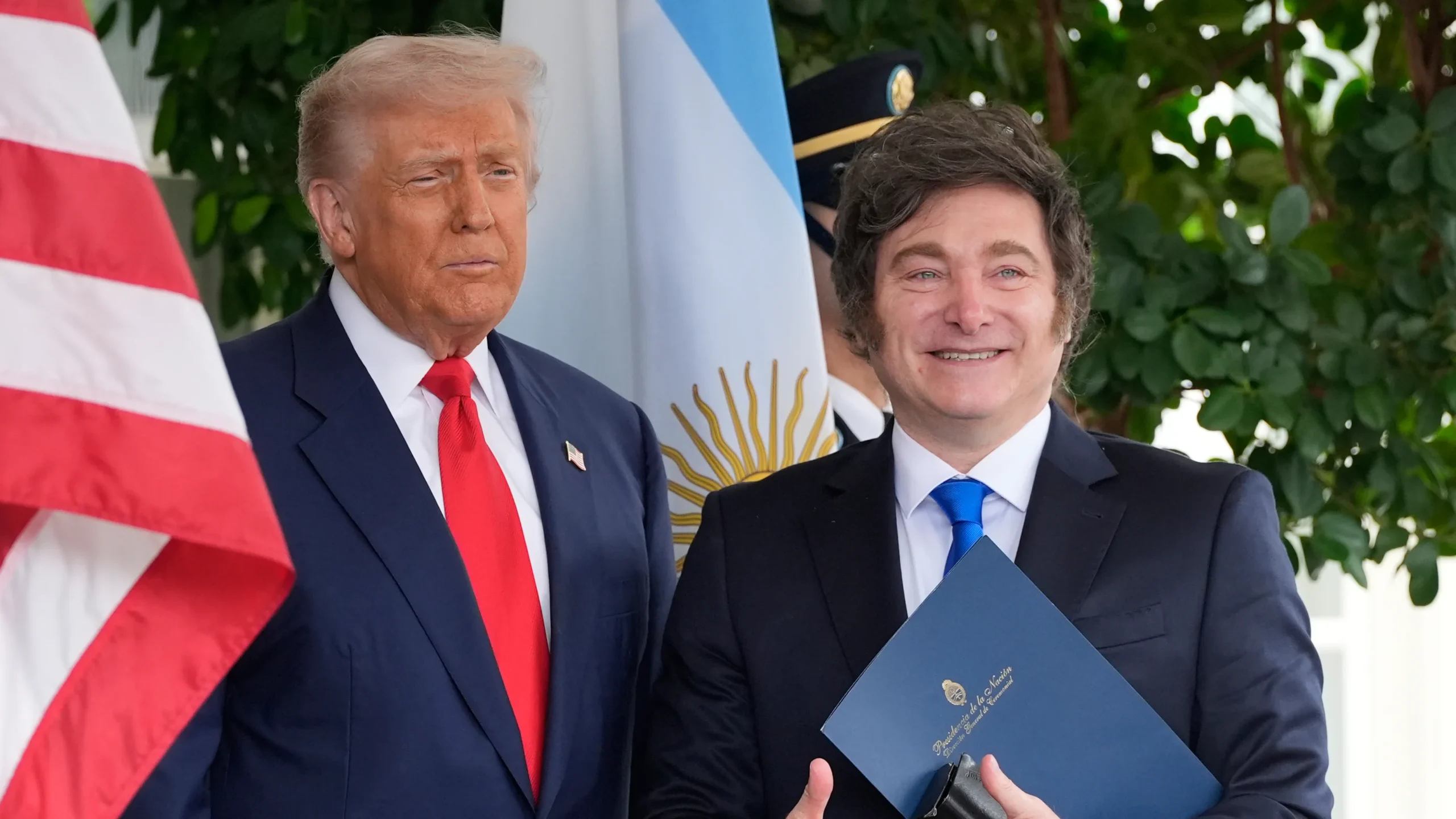UK PM Starmer Rallies European Counterparts To Throw Weight Behind Ukraine
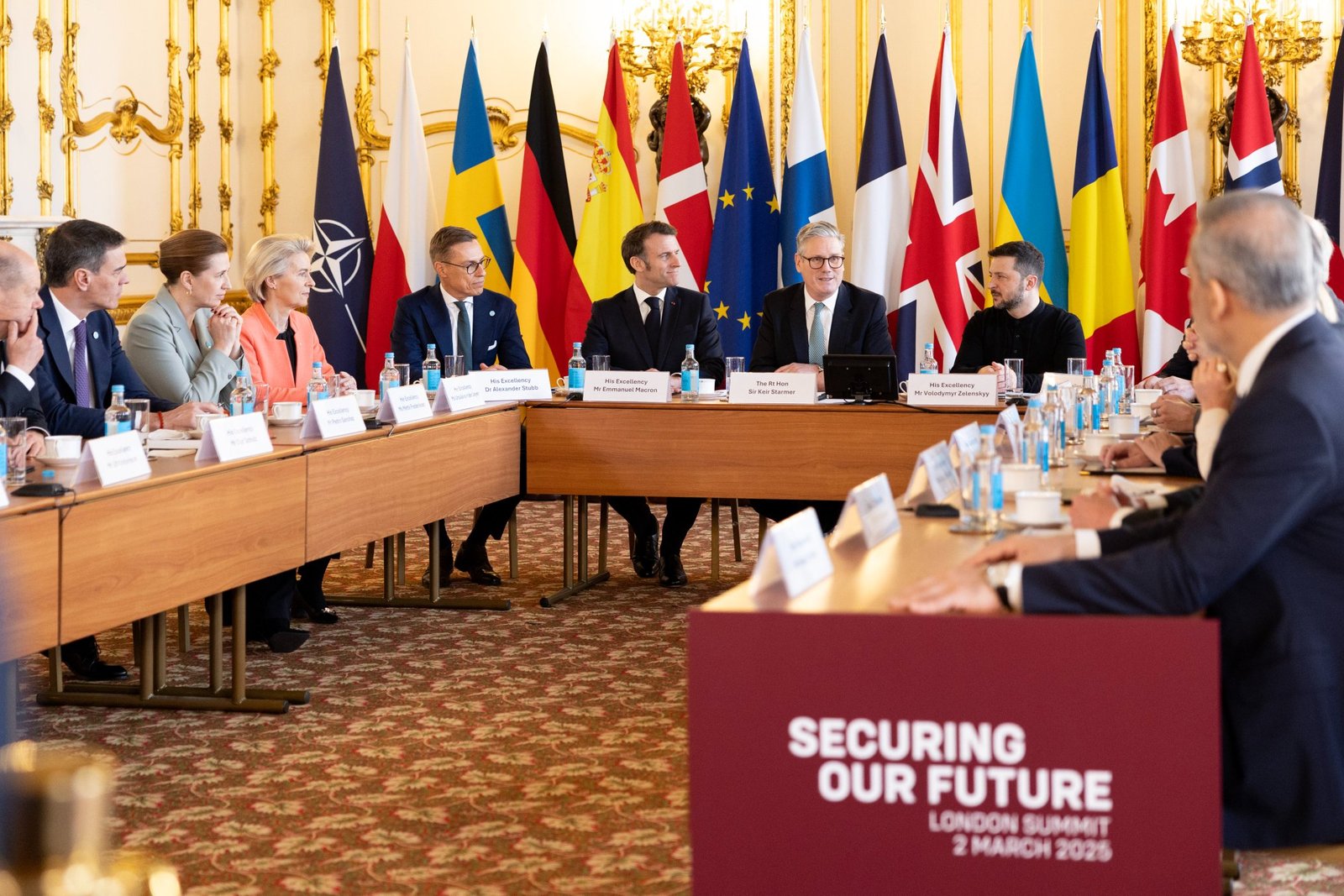
British Prime Minister Keir Starmer rallied his European counterparts Sunday to shore up their borders and throw their full weight behind Ukraine as he announced outlines of a plan to end Russia’s war.
“Every nation must contribute to that in the best way that it can, bringing different capabilities and support to the table, but all taking responsibility to act, all stepping up their own share of the burden,” he said.
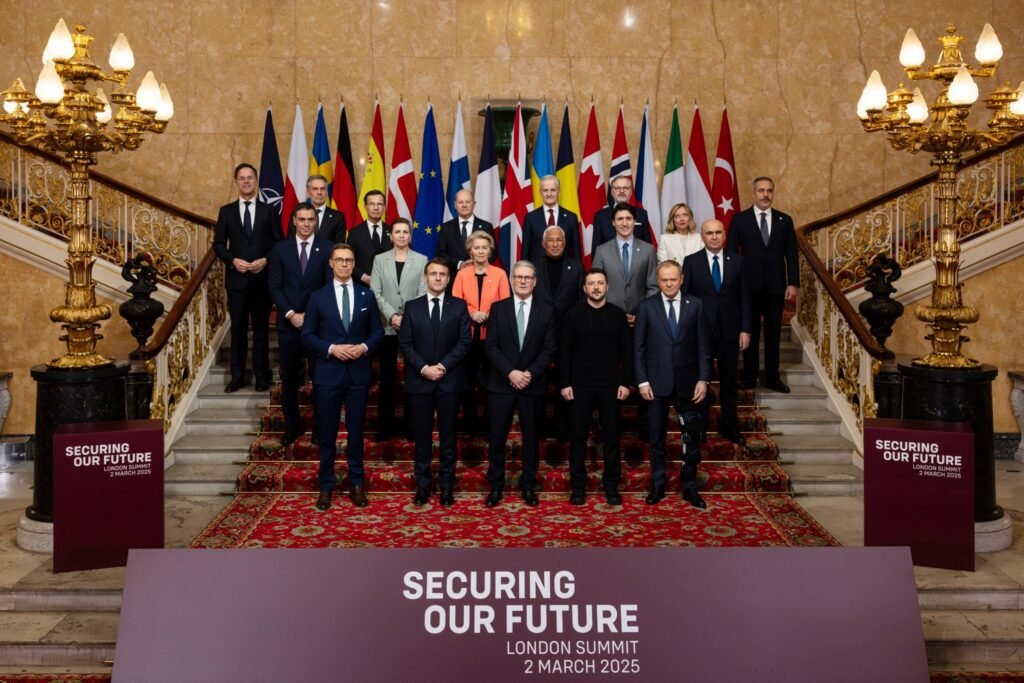
Starmer’s exhortation to 18 fellow leaders that they need to do the heavy lifting for their own security comes two days after U.S. backing of Ukraine appeared in jeopardy when president Donald Trump lashed out at Ukrainian President Volodymyr Zelenskyy, saying he wasn’t grateful enough for America’s support.
The meeting had been overshadowed by the extraordinary scolding that took place on live television at the White House. Starmer used the opportunity as part of his broader effort to bridge the gap between Europe and the U.S. and also salvage what had seemed like the start of a peace process before Friday’s spat.

Starmer said he had worked with France and Ukraine on a plan to end the war and that the group of leaders — mostly from Europe — had agreed on four things.
The steps toward peace would: keep aid flowing to Kyiv and maintain economic pressure on Russia to strengthen Ukraine’s hand; make sure Ukraine is at the bargaining table and any peace deal must ensure its sovereignty and security; and continue to arm Ukraine to deter future invasion.
Finally, Starmer said they would develop a “coalition of the willing” to defend Ukraine and guarantee the peace.
“Not every nation will feel able to contribute but that can’t mean that we sit back,” he said. “Instead, those willing will intensify planning now with real urgency. The U.K. is prepared to back this with boots on the ground and planes in the air, together with others.”
It is far from certain whether Russian President Vladimir Putin will accept any such plan, which Starmer said would require strong U.S. backing. He did not specify what that meant, though he told the BBC before the summit that there were “intense discussions” to get a security guarantee from the U.S.
“If there is to be a deal, if there is to be a stopping of the fighting, then that agreement has to be defended, because the worst of all outcomes is that there is a temporary pause and then Putin comes again,” Starmer said.
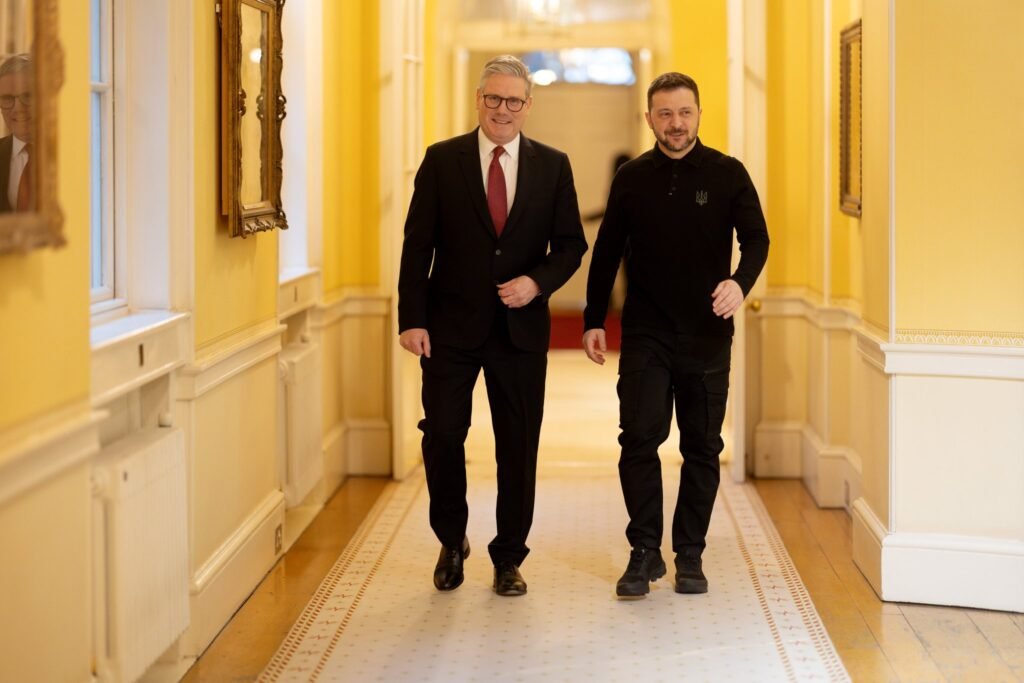
Starmer said he will later bring a more formal plan to the U.S. and work with Trump.
Before arriving in London, French president Emmanuel Macron suggested in an interview with a French newspaper that he and Starmer are proposing a “truce in the air, on the seas and energy infrastructures” that would last a month.
There would be no European troops in the coming weeks and troops would only be deployed on the ground at a later stage, he said.
The question, Macron said, is “how we use this time to try and get an accessible truce, with negotiations that will take several weeks and then, once peace is signed, a deployment.”
Europe has been anxious since Trump initiated direct peace talks with Putin, who had been isolated by most Western leaders since invading Ukraine three years ago.
Meetings last week had provided some hope, until Zelenskyy’s trip to the White House on Friday.
Visits to the Oval Office by Starmer and Macron, who had declared his visit a “turning point,” were seen as steps in the right direction. The meetings were cordial and Trump even took a gentler tone toward Ukraine, though he would not commit to providing U.S. security guarantees and maintained that Europe would need to provide peacekeeping troops.
Within 12 hours of Starmer’s return from Washington, the talk of peace seemed to collapse as Trump and Vice President JD Vance berated Zelenskyy for challenging Trump’s assertions that Putin could be trusted.


